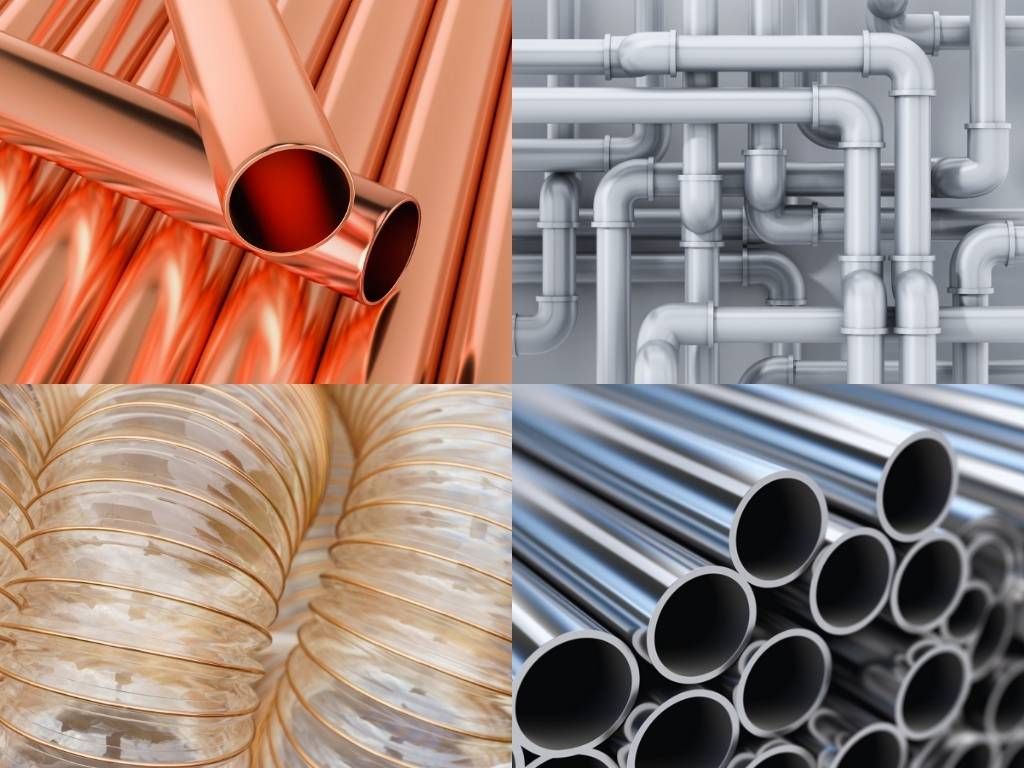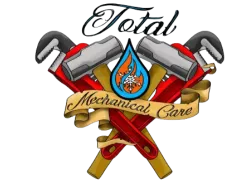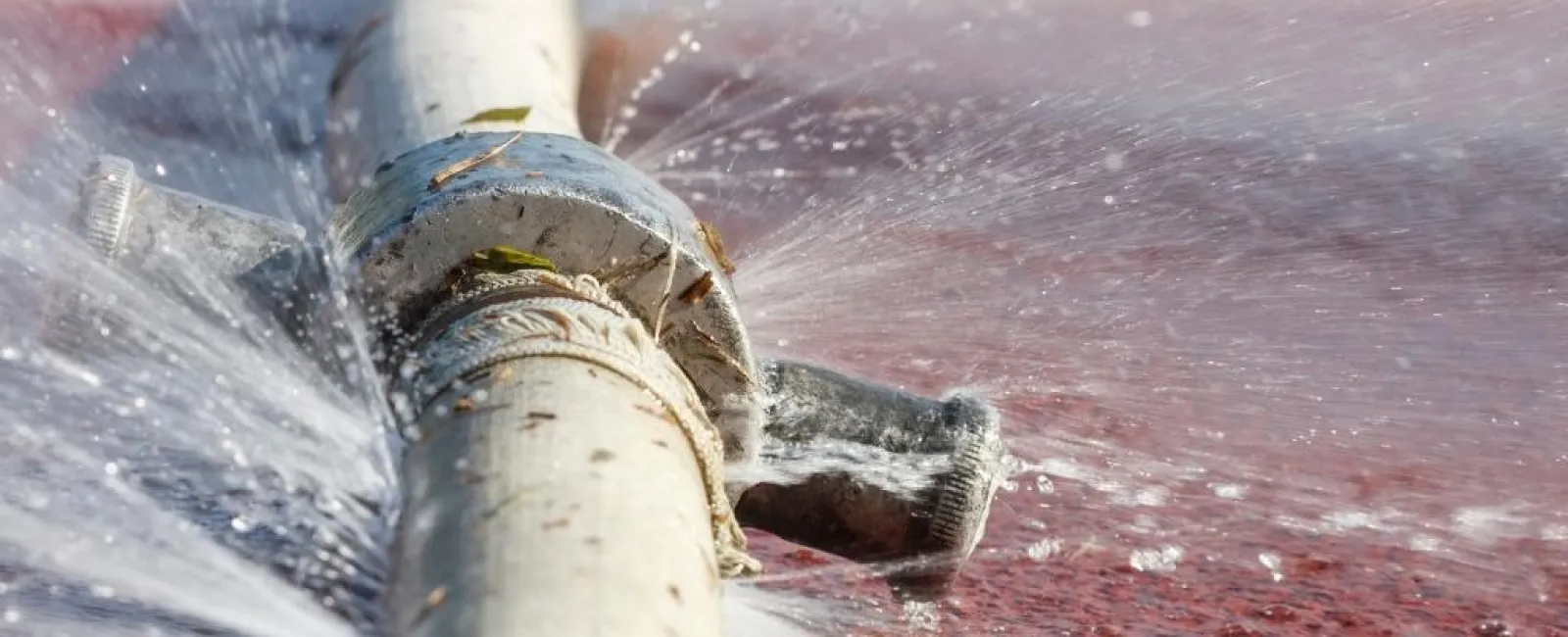July 11, 2025
A water line is the pipe that delivers fresh water into your home from the public water supply. It supplies water to every part of your home, including showers, sinks, toilets, washing machines, and appliances like your refrigerator. Without it, your plumbing system wouldn't function.
Understanding what a water line is and how it functions is crucial, especially if you ever face a leak, break, or need to replace it. In this article, we'll walk you through everything you need to know: how water lines work, common problems, when to call for a water line repair or replacement, and even how to disconnect one from your fridge.
What Is a Water Line and Why Does It Matter?
A water line is the pipe that carries clean water from the city's main supply into your home. It typically begins at the water meter near the street and runs underground to your house. Once inside, the line splits off to supply water to your sinks, showers, toilets, washing machine, and appliances like your fridge or dishwasher.
Although water lines are an essential part of your plumbing system, they're often out of sight and out of mind. Since they're buried underground or hidden behind walls, many homeowners don't think about them until something goes wrong. But this single pipe plays a major role in your everyday life by delivering the clean, pressurized water your home depends on.
If your water line leaks or becomes blocked, it can lead to a range of problems. You might notice low water pressure, higher water bills, or wet spots in your yard. In more serious cases, it can cause flooding, foundation damage, or a total loss of water in your home.
That's why it's important to understand how your water line works and to recognize early warning signs. Addressing issues promptly can help you avoid costly repairs and keep your plumbing system running smoothly.
What Are Underground Water Lines Made Of?
The material your water line is made of depends on when your home was built or last updated. In Roswell and Alpharetta, you'll commonly find:
-
Copper - Durable and long-lasting, often used in older homes
-
PVC (plastic) - Affordable and resistant to corrosion
-
PEX (flexible plastic) - Easy to install, especially in tight areas
-
Galvanized steel - Found in many older homes, but prone to corrosion
Homes built before the 1980s may also contain lead water lines. If you suspect this is the case, it's important to have them replaced right away due to serious health risks.

Signs You May Need Water Line Repair or Replacement
Water line issues can develop slowly over time or happen suddenly. Here are some warning signs to watch for:
Sudden Drop in Water Pressure
If your water pressure drops without warning, it could mean a leak or blockage in your main line.
High Water Bills
A sudden increase in your water bill with no change in usage often points to a hidden leak.
Wet or Muddy Patches in Your Yard
A consistently damp area in your yard could be the result of an underground water line leak.
Rusty or Discolored Water
If water from your tap appears brown or rusty, the pipe might be corroded or broken.
Repeated Plumbing Issues
Ongoing leaks, inconsistent temperatures, or strange noises could mean your water line is deteriorating.
What Happens During a Water Line Repair?
When water line damage is minor or confined to one area, a full replacement often isn't needed. In these situations, a licensed plumber can perform a focused repair. They begin by locating the issue using specialized leak detection tools, then carefully dig a small trench to expose the damaged pipe. The faulty section is removed and replaced with new piping, followed by pressure and leak testing to confirm everything is functioning as it should. This approach is typically faster, less invasive, and more affordable than a complete replacement, especially when the rest of the line is still in good condition.
When Water Line Replacement Is the Better Option
Sometimes the damage is beyond repair. A full water line replacement might be necessary if:
-
The pipe is made of outdated or dangerous materials like lead or galvanized steel
-
Tree roots have broken or blocked the line
-
Multiple leaks have occurred in a short time
-
You are already replacing your plumbing as part of a larger remodel
Replacing the main water line from the meter to the house can be done with traditional trenching or newer trenchless methods, depending on the location and condition of the line. A professional will help determine which is best for your property.
How to Disconnect a Water Line from a Fridge
If you are replacing your refrigerator or need to stop the water supply to it, here's how to safely disconnect the water line:
-
Turn off the water supply - Look for the shutoff valve, usually under the sink or behind the fridge.
-
Pull the fridge away from the wall - Give yourself space to work.
-
Loosen the nut at the connection - Use a wrench to disconnect the line from the back of the fridge.
-
Cap the line if needed - If you are not hooking it up again soon, use a cap to seal it and prevent leaks.
If you are unsure or if the line seems old or damaged, contact a plumber to help with the disconnection or to install a new line safely.
Need Water Line Repair or Replacement?
To sum it up, a water line is the pipeline that keeps water flowing into your home. Whether you're washing dishes, taking a shower, or making coffee, your water line makes it all possible. If something goes wrong, it can affect your daily life and your home's safety. Knowing the basics about your water line can help you spot problems early, understand repair options, and make better decisions if replacement is needed.
If you suspect a leak or are planning a remodel that involves your plumbing, Total Mechanical Care is here to help. We offer expert water line repair, underground water line replacement, and fast service for fridge line hookups and more.
Call us today to schedule a diagnostic or inspection, and let our licensed team get your water flowing the way it should.



